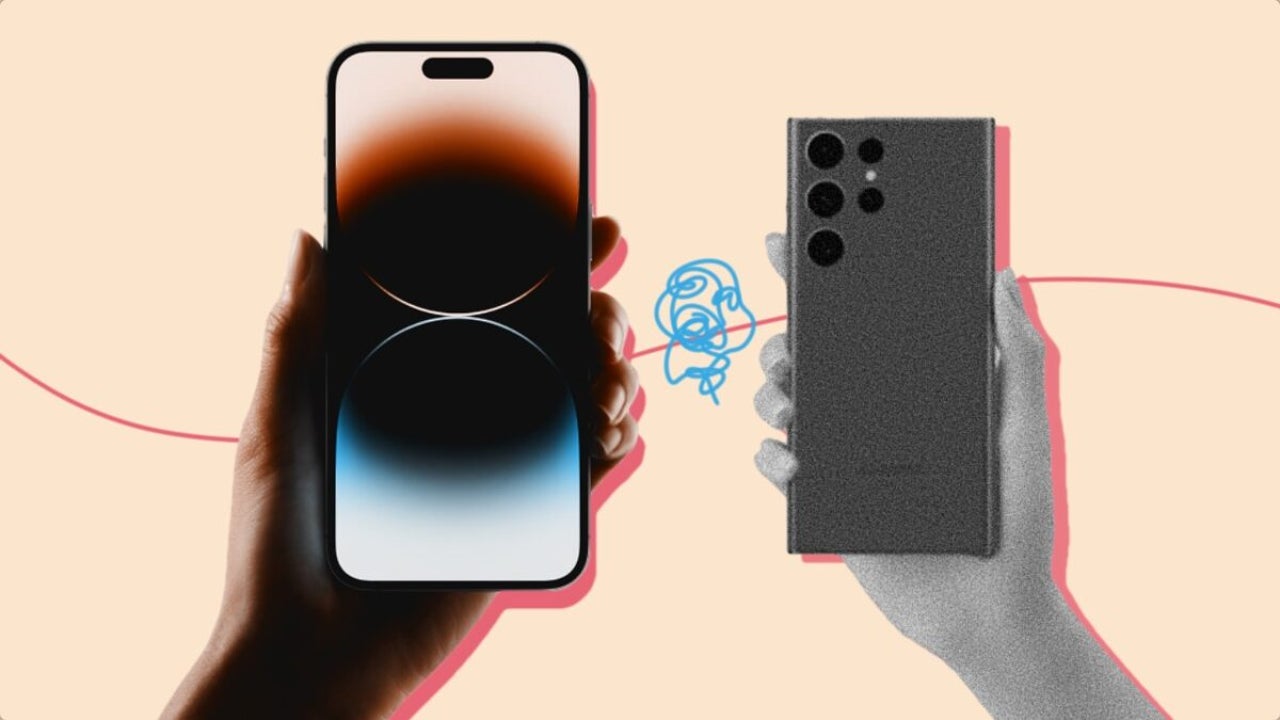News
The Great Smartphone Showdown: iPhone 14 Pro vs Samsung Galaxy 23 – Which is Faster?
Despite mounting the latest from Qualcomm, Samsung seems to be unable to beat the A16 Bionic.

- February 24, 2023
- Updated: March 7, 2024 at 10:17 PM

On February 1, Samsung presented its new line of top-of-the-line phones, the Samsung Galaxy S23. The South Korean company has accustomed us to big changes in each generation, but in this one they have decided to follow a much more continuist line, both outside and inside. However, it seems that the new rival of the iPhone 14 Pro (check our full review here) is not at the height of the latter (at least in terms of raw power).
Samsung’s Burden: Exynos
This year is special for the Galaxy S23 as Samsung has finally left Exynos behind, and it’s a fact: they are not up to the task. Exynos chips were manufactured and designed by Samsung and have populated the company’s phones since 2010. For all these years, Samsung has mounted both Exynos and Snapdragon among its phones. Despite the efforts of the South Koreans, the reality is that Qualcomm’s chips were a thousand times better than those of Samsung.
Now, all Galaxy S23 integrate the Snapdragon 8 Gen 2, the processor intended for the high end of Android. Still, it seems that it is not enough to be able to beat Apple‘s latest SoC, the A16 Bionic.
Does Apple have the world’s fastest processor?
Although the newly announced Samsung Galaxy S23s have yet to be released, Geekbench 5 tests suggest that the Ultra version would be 21.02% slower than the iPhone 14 Pro.

CompareDial was the website that conducted the tests and from what we can see, the Galaxy S23 Ultra scored 1480 in the single-core tests. On the other hand, the iPhone 14 Pro proves to be more powerful and records a score of 1874. However, in the multi-core tests there is not that much difference: the S23 Ultra reaches 4584 points while the iPhone 14 Pro scores 5384.

Samsung has always had trouble keeping up with Apple in terms of processor power, and the gap has grown wider over the years. Already last year we saw how the iPhone 13 easily outperformed the Samsung Galaxy S22, whether it had the Snapdragon 8 Gen 1 chip or the Exynos 2200.
It is difficult to beat Apple in this regard, especially if we take into account that both the SoC and the software used in the iPhones are optimized to the millimeter to work as well as possible. Even so, the performance differences between the two terminals is negligible and both the S23 Ultra and the iPhone 14 Pro will more than cover your day-to-day needs.
Artist by vocation and technology lover. I have liked to tinker with all kinds of gadgets for as long as I can remember.
Latest from María López
You may also like

Bluesky presents three levels of account verification
Read more

The FBI warns about the increase in scams targeting vulnerable victims
Read more

Be careful if you use certain mods in Helldivers 2: they could get your account banned
Read more

Nothing presents its new super cheap smartphone under the CMF brand
Read more

AI-based audio workflows in Audition: Revolutionizing sound editing
Read more

The hidden challenges of Skyrim keep players hooked a decade later
Read more